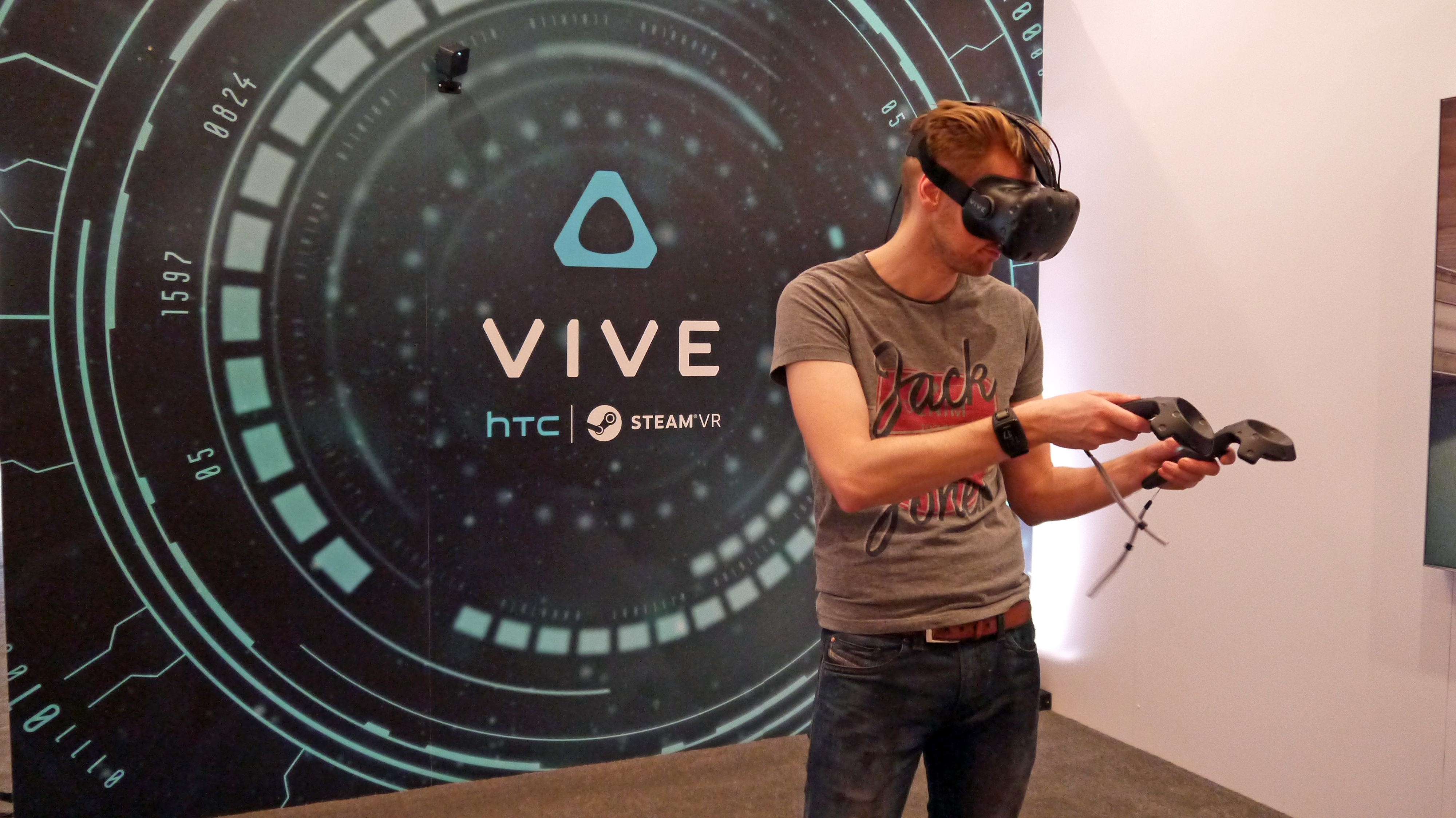How virtual reality could transform your business
VR is set to make a big splash
We began our questioning of these eight experts on VR by asking about whether SMBs need to look at including virtual reality in their marketing plans this year, and how best to select a VR platform which is appropriate for any given business.
They all chipped in as and when they had a relevant point to make…
Techradar Pro: With a number of VR devices available or coming this year, should small business owners place VR in their marketing strategies?
Dean Johnson: "Yes, if it's relevant. It's a similar question they should have been applying to apps – 'do you actually need an app, or could the same experience be better delivered by another platform or technology?' They should ask themselves if VR enhances their existing product or service, if it brings their audience closer to their brand or if it presents an entirely new business opportunity or brand extension. If the answer is no to all the above, then there's no real benefit to being an early adopter, unless you can put a PR spin on being so."

Mark Curtis: "No – it's too early. It's a good investment for large businesses to begin to think what this means, but too early to invest the cash. Any marketing at this stage would be highly experimental."
Bertie Millis: "For a number of small business owners, VR may still seem like an expensive path to travel down. However, this expense will set you aside from your competitors and give you a unique channel to communicate to your customers. As with all technology, VR will get less expensive as time goes on. Currently we are in the early adopter stage, and it costs to be an adopter."
Chris Savage: "If early adopters are in your target audience, then you should be considering VR as a marketing channel. VR advocates are looking for compelling content, and because it is still early days, there is very little content competition at the moment."
Sign up to the TechRadar Pro newsletter to get all the top news, opinion, features and guidance your business needs to succeed!
Luke Ritchie: "I think you have to. It's absolutely fair to say that it's still early and adoption is very limited. However even if VR was a huge failure (which seems unlikely) we're going to have at least two to five years' worth of VR hardware and content – so it must be part of the strategy. Also in my opinion small businesses have an opportunity to innovate at this early stage which will be harder later on. So while content is limited and adoption is low, there's a genuine opportunity to stand out."

Techradar Pro: With a range of VR platforms from Google Cardboard to Oculus, how should small businesses evaluate which platform they use across their operation?
Mark Curtis: "Try them. Observe where you think the market is heading. There's no need to make heavy investment yet in most industries."
Bertie Millis: "There are new VR headsets being released everyday, however the real idea to focus on is whether you want your virtual reality experience to be portable. For portability you'll be looking at mobile VR platforms such as Google Cardboard or Merge VR. Since these experiences are powered by a smartphone, they tend to be a lower quality than their computer-based counterparts – however, this is juxtaposed by the fact you can pretty much take it anywhere. If you're looking for a high quality experience, you're better off using a computer-based experience such as the Oculus Rift or HTC Vive."
Amelia Kallman: "I think it's important that your choice reflects your brand and offering, and also to keep in mind that devices are not necessarily mutually exclusive, and businesses will probably want to adopt several different VR brands for different reasons. But to me, the most sophisticated VR product I have experienced is the HTC Vive as it really does transport you into another world. At the Flux Innovation Lounges I curate in London and Dubai we like to be able to show off the capabilities of several brands giving people the opportunity to compare and realise their own preferences."
Luke Ritchie: "It depends on the metrics of success. Certainly the higher-end platforms like the Oculus have a higher price tag and are aimed at gamers more specifically. Cardboard or Samsung Gear have already been released, utilise your mobile phone and are significantly cheaper – so it's fair to say these will have quicker and wider adoption rates. Then we have YouTube360 and Facebook360 which already offer the 360 experience and stereoscopic versions (for VR) and are accessible by just about everyone."

Joss Davidge: "Choosing the right VR platform comes down to three simple questions: How are you planning on using it? What content will you show? And what audience are you looking to reach? Simply put, the VR viewing experience is enhanced by the amount you decide to invest. VR provides the opportunity for significant levels of interactivity, but with that of course comes additional costs."